 |
| August 13, 2020 |
Dear Reader,
Check out highlights from today's top stories: - The worldwide “forgetting” and ongoing rediscovery of the 1918 flu provide a window into the science of collective memory. And they offer tantalizing clues about how future generations might regard the current coronavirus pandemic.
- A rare, cracked fossil has allowed paleontologists to see the world through the eyes of a 429-million-year-old trilobite.
- FEMA will reward states and communities that seek to address the effects of climate change under a new grant program that provides an unprecedented amount of money for resilience projects and planning.
|
| | Sunya Bhutta, Senior Editor, Audience Engagement
@sunyaaa | |
 |
| |
| |
| |
| |
| |
| Space Why Lava Worlds Shine Brightly (It's Not the Lava) Scientists determined that “lava world” exoplanets do not derive their brightness from molten rock but possibly get it from reflective metallic clouds. Christopher Intagliata reports. |  | By Christopher Intagliata | 02:21 | | | |
| |
FROM THE STORE
 | | | |
| |
FROM THE ARCHIVE
 | | | |
| |
LATEST ISSUES
 |
| |
| Questions? Comments?  | |
| Download the Scientific American App |
| |
| |



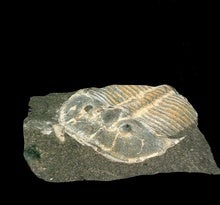



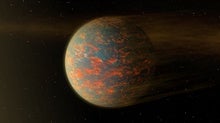

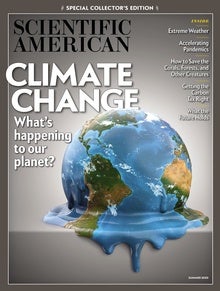


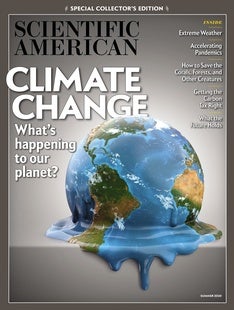

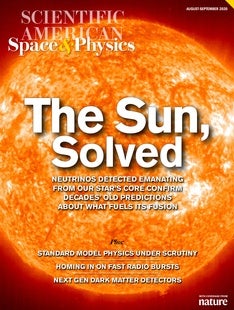
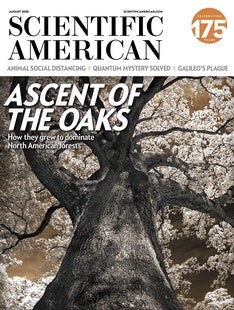




Comments
Post a Comment